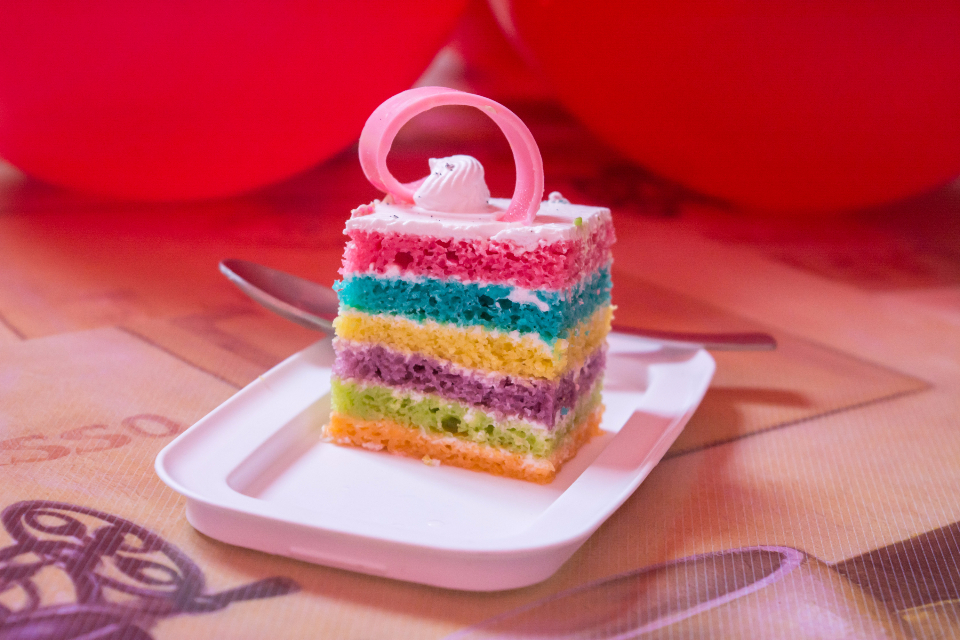
Language is a Cake.
Picture this: a quiet moment with a slice of cake in front of you. It’s layered—delicate tiers of flavor waiting for discovery. You take that first, small bite, letting it settle. It’s simple, maybe even familiar. But there’s something else there, something that hints at what lies beyond, deeper into the slice. Language has a way of feeling like this, of revealing itself slowly, layer by layer.
As you go further, each new taste adds richness. The basics come first—a simple hello, a few everyday words. Then, just as you’re comfortable, you encounter something different—a turn of phrase, a playful idiom. Each layer is its own flavor, but together they create something whole. You might pause here and there, savoring a word, returning to it, finding something new you missed the first time. This is language—built up slowly, each new word and phrase part of a larger, richer whole.
And there’s a rhythm to it. Just as cake isn’t made in a rush, language unfolds with time, with patience. You might go back to a layer that you thought you’d already tasted, only to find something new there, a depth you didn’t catch before. And as you go, the layers start to blend naturally, each one adding a bit more depth to the last. Words turn into sentences, sentences start to feel like real conversations, and before you know it, there’s a natural flow. What once felt like bits and pieces of knowledge come together, each adding its own touch, until it all feels whole and satisfying, like a flavor you’ve finally come to understand.
By the time you reach the last bite, you realize: it wasn’t about finishing the cake. It was the journey through each layer, the quiet moments of discovery, the time you took to appreciate the fullness of it all. In the end, language is a cake—one that rewards the patient, the curious, those willing to savor each layer as it reveals itself, each flavor more satisfying than the last.